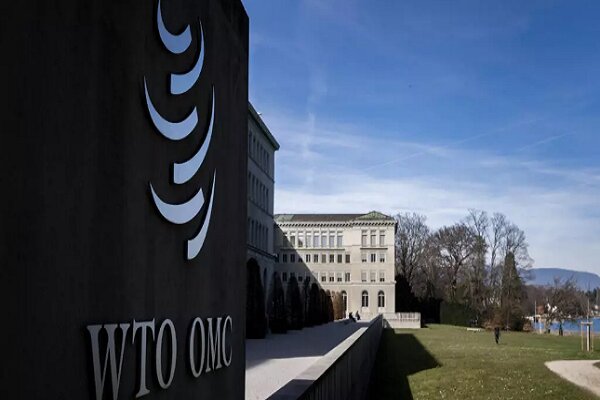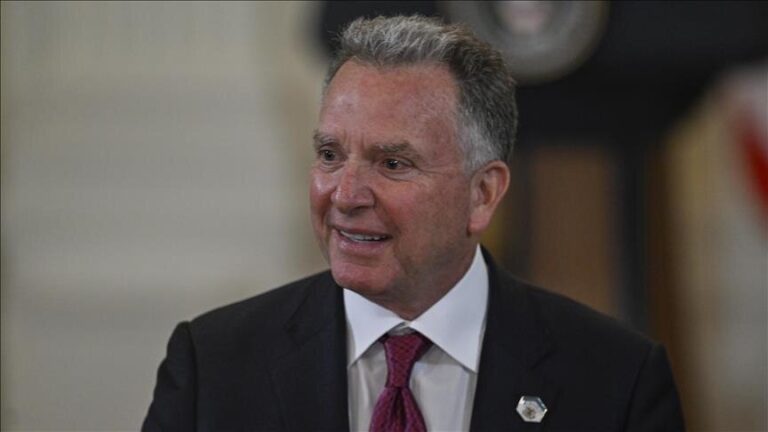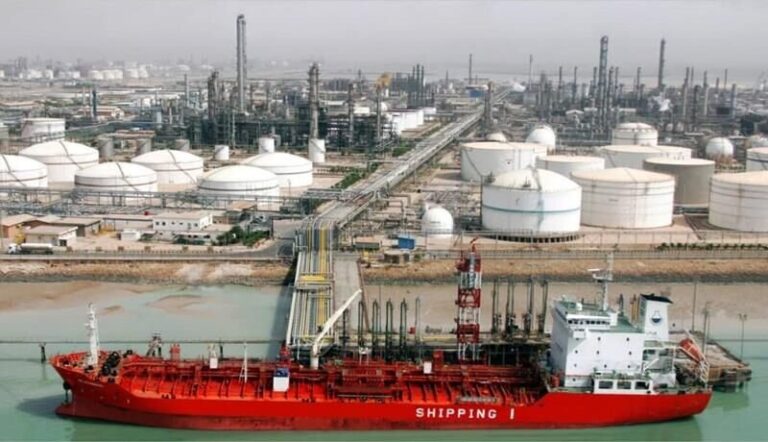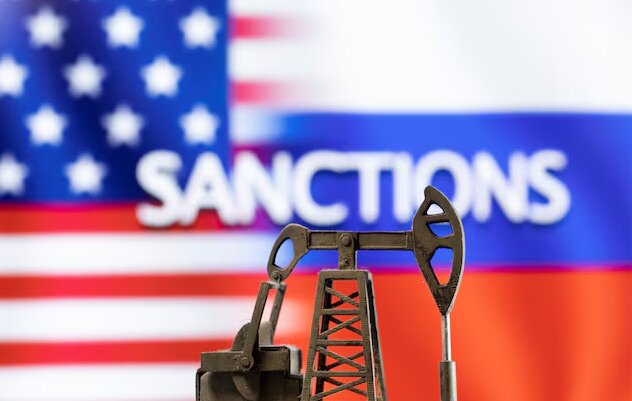China Slams US ‘Tariff Shocks’ in WTO Showdown
In recent weeks, the global economy has been significantly impacted by President Trump’s decision to impose tariffs on various imports, particularly targeting China, the world’s second-largest economy. This move has raised concerns about economic stability and the future of international trade.
Upon returning to the office on January 20, President Trump enacted a 10 percent tariff on products entering the United States from China. This decision is part of a broader strategy aimed at reshaping trade relations and addressing trade deficits.
In a series of escalating trade measures, Trump signed executive orders last week that will impose a 25 percent tariff on steel and aluminum, effective from March 12. This significant increase in tariffs is expected to have widespread implications for industries reliant on these materials.
Additionally, Trump revealed plans for tariffs on imported cars, suggesting that these could also reach around 25 percent. This announcement has generated anticipation for further details to be unveiled around April 2, potentially impacting the automotive industry.
During the first meeting of the year for the World Trade Organization’s (WTO) General Council, Li Chenggang, China’s ambassador to the WTO, expressed concerns regarding the situation. He stated, “The world faces a series of tariff shocks.” This statement underscores the growing tension in global trade relations.
Li Chenggang elaborated on the implications of these tariffs, saying, “The US has imposed or threatened tariffs on its trading partners, including China, unilaterally and arbitrarily, blatantly violating WTO rules. China firmly opposes such measures.” This highlights China’s strong stance against the recent tariffs and its commitment to defending its trade interests.
Key points highlighted by Li Chenggang include:
- Economic Uncertainty: Tariff shocks contribute to a climate of instability in the global economy.
- Disruption of Global Trade: Increased tariffs may lead to significant interruptions in trade flows across nations.
- Risk of Domestic Inflation: Higher tariffs can lead to increased costs for consumers and businesses, potentially fueling inflation.
- Market Distortion: Tariffs may create imbalances in market conditions, affecting competition and pricing.
- Global Recession Threat: The cumulative effect of these tariffs could push economies toward recession.
Moreover, Li Chenggang indicated that US unilateral actions are jeopardizing the existing rules-based multilateral trading system. He remarked that such measures could have long-term repercussions on international trade dynamics.
In conclusion, the recent tariff actions taken by the Trump administration signal a significant shift in trade policy, particularly toward China. As tensions escalate, countries around the world are closely monitoring the situation, assessing how these tariffs may affect their economies and the global market at large. The ongoing trade discussions and potential retaliatory measures will play a critical role in shaping the future of international trade.






